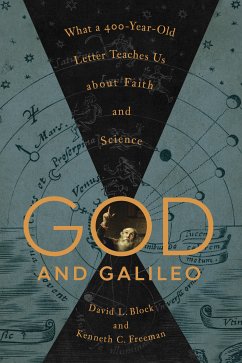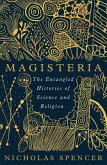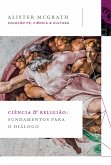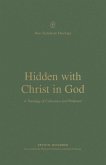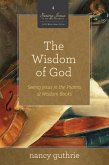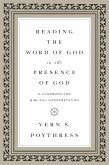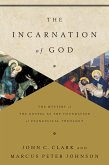"A devastating attack upon the dominance of atheism in science today." Giovanni Fazio, Senior Physicist, Harvard-Smithsonian Center for Astrophysics The debate over the ultimate source of truth in our world often pits science against faith. In fact, some high-profile scientists today would have us abandon God entirely as a source of truth about the universe. In this book, two professional astronomers push back against this notion, arguing that the science of today is not in a position to pronounce on the existence of God-rather, our notion of truth must include both the physical and spiritual domains. Incorporating excerpts from a letter written in 1615 by famed astronomer Galileo Galilei, the authors explore the relationship between science and faith, critiquing atheistic and secular understandings of science while reminding believers that science is an important source of truth about the physical world that God created.
Dieser Download kann aus rechtlichen Gründen nur mit Rechnungsadresse in A, B, BG, CY, CZ, D, DK, EW, E, FIN, F, GR, H, IRL, I, LT, L, LR, M, NL, PL, P, R, S, SLO, SK ausgeliefert werden.

